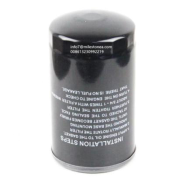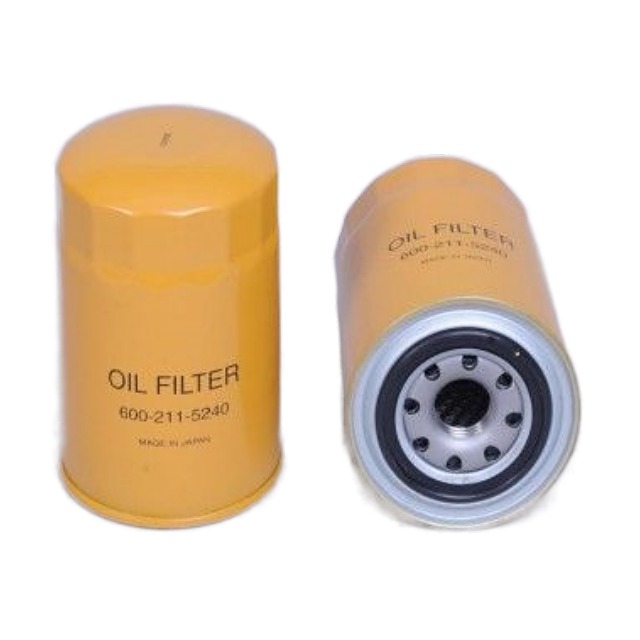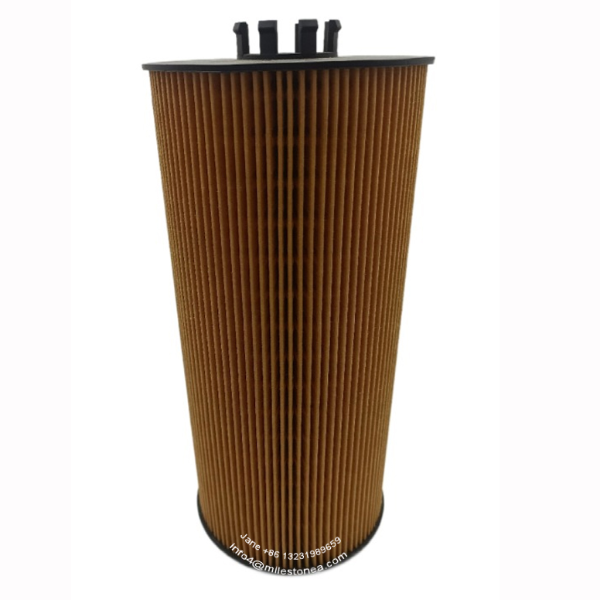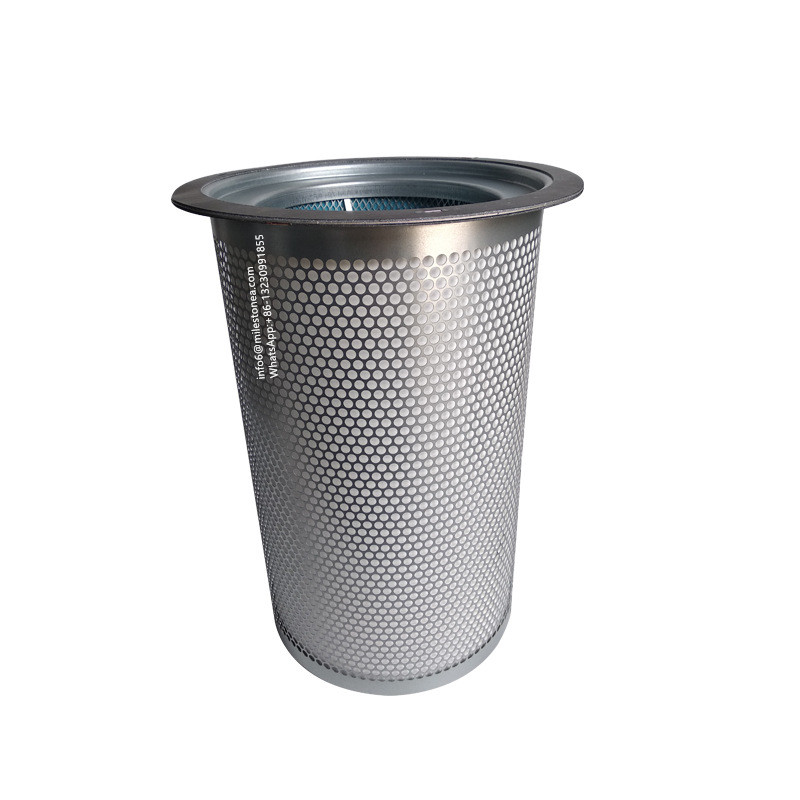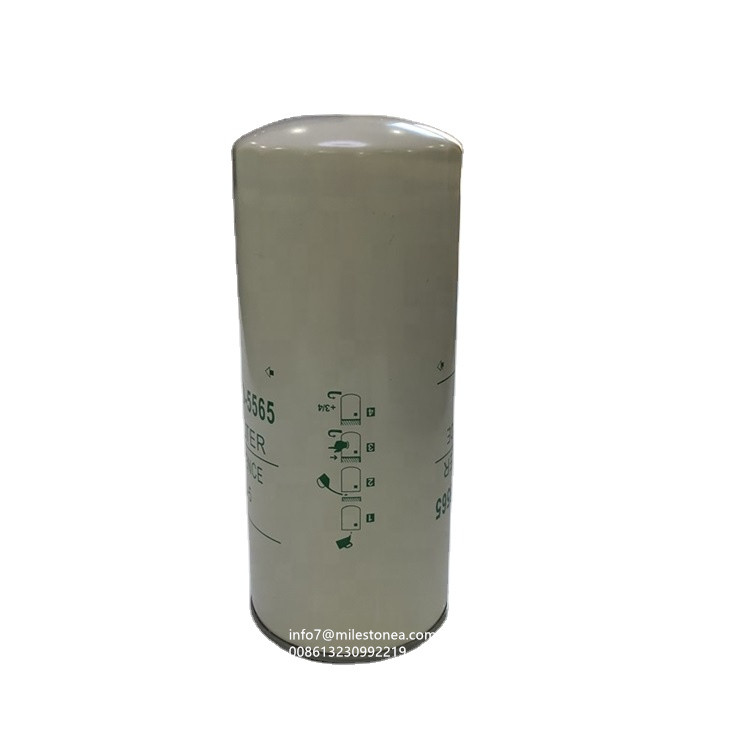Excavator spin-on lube oil filter element 3774046100
| Dimensions | |
| Height (mm) | 205.49 |
| Outside diameter (mm) | 120.27 |
| Thread Size | 1 1/2-12 UNF-2B |
| Weight & volume | |
| Weight (KG) | ~1.85 |
| Package quantity pcs | One |
| Package weight pounds | ~1.85 |
| Package volume cubic Wheel Loader | ~0.006 |
Cross Reference
| Manufacture | Number |
| HINO | 156071380 |
| HINO | 156071431 |
| HINO | 156071381 |
| HINO | 156071432 |
| HINO | 156071381A |
| HINO | 156071740 |
| ISUZU | 1132400460 |
| ISUZU | 1873100920 |
| ISUZU | 1132400622 |
| ISUZU | 1878116380 |
| ISUZU | 1132400750 |
| ISUZU | 2906548400 |
| MITSUBISHI | 3774046100 |
| TOYOTA | 1560016020 |
| FLEETGUARD | LF3478 |
| MANN-FILTER | W12205/1 |
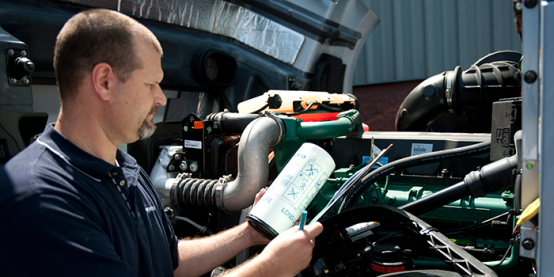
The oil filter helps remove contaminants from your car engine’s oil that can accumulate over time as the oil keeps your engine clean.
The importance of clean motor oil is important because if the oil were left unfiltered for some time, it could become saturated with tiny, hard particles that can wear surfaces in your engine. This dirty oil can wear the oil pump’s machined components and damage the bearing surfaces in the engine.
How oil filters work outside of the filter is a metal can with a sealing gasket that allows it to be tightly held against the engine’s mating surface. The base plate of the can holds the gasket and is perforated with holes around the area just inside the gasket. A central hole is threaded to mate with the oil filter assembly on the engine block. Inside the can is the filter material, most frequently made from synthetic fiber. The engine’s oil pump moves the oil directly to the filter, where it enters from the holes in the perimeter of the base plate. The dirty oil is passed (pushed under pressure) through the filter media and back through the central hole, where it re-enters the engine.
Choosing the right oil filter housing the correct oil filter for your vehicle is of the utmost importance. Most oil filters look very similar, but small differences in the threads or gasket size can determine whether or not a particular filter will work on your vehicle. The best way to determine which one you need is by consulting your owner’s manual or by referencing a parts catalog. Using the wrong filter can cause the oil to leak out of the engine, or an ill-fitting filter could just fall off. Either of these situations could lead to serious engine damage.
You get what you pay for generally speaking, the more money you spend the better the filter is. Lower-cost oil filters can contain light-gauge metal, loose (or shredding) filter material, and poor quality gaskets that can lead to failure of the filter. Some filters may filter out smaller bits of dirt a little better, and some may last longer. So, you should research the features of each filter that fits your vehicle to determine which one best fits your needs.

